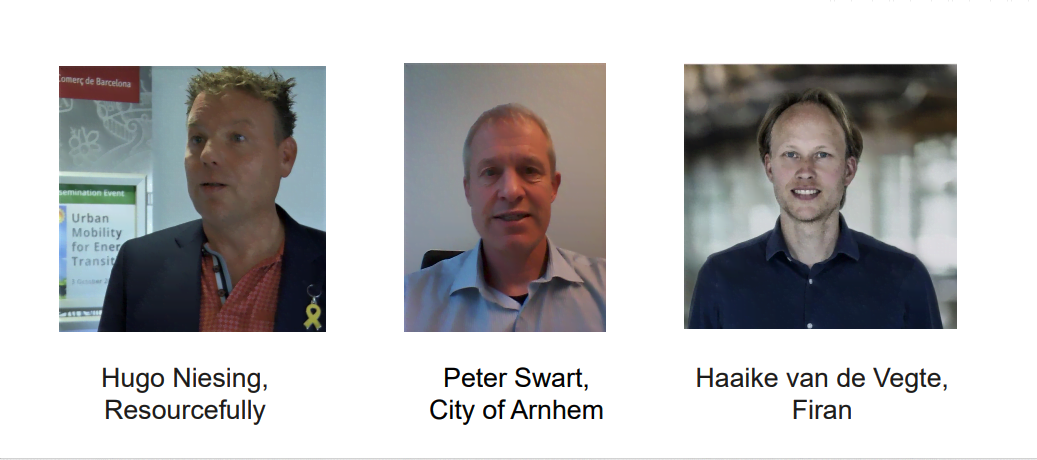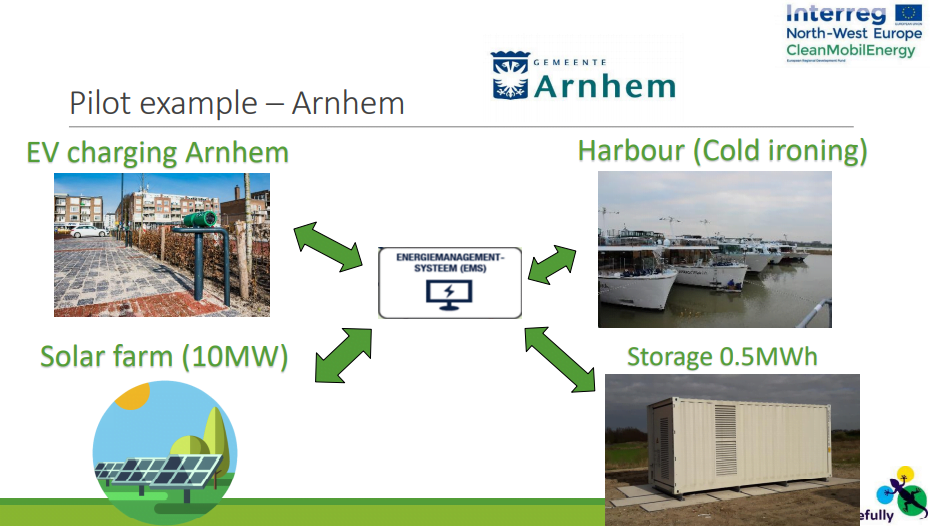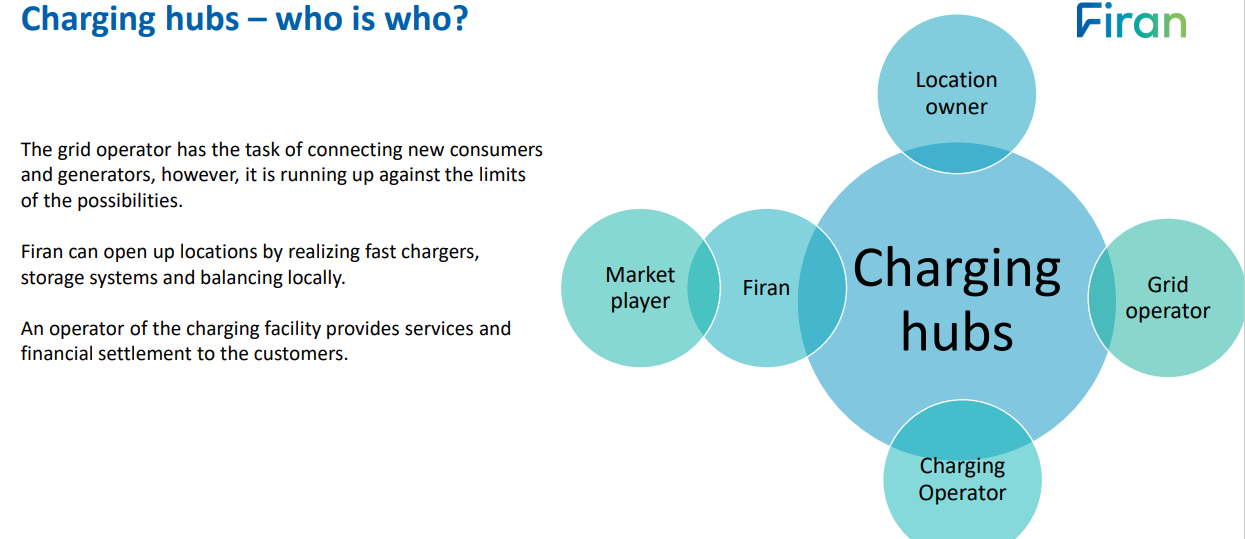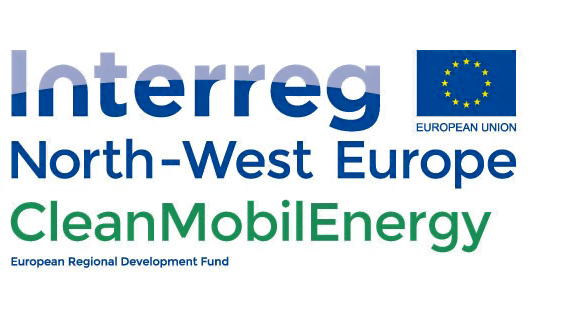The role of local authorities in energy systems for e-mobility
A recent webinar hosted by CleanMobilEnergy in cooperation with POLIS Network’s Mobilising Mobility Series discussed how cities are finding new ways to deliver clean energy for sustainable transport options.
As cities and regions seek to expand and enhance electric vehicle (EV) use, energy storage for EV charging is posing a significant challenge. So how can this be tackled, and who is in charge?
This is exactly issue Interreg project CleanMobilEnergy seeks to solve, developing an innovative and intelligent energy management system which will allow the aggregators to redirect the energy in the most efficient manner.
Good governance is critical to delivering this; however, responsibility for management and distribution of renewable energy remains a critical concern. On 17 November, CleanMobilEnergy hosted a webinar, in cooperation with POLIS Network’s Mobilising Mobility Series, to discuss this issue, bringing together representatives from both the private and public sectors to discuss the way forward for managing and redistributing renewable energy at the local level.

Webinar panelist line up
The webinar was moderated and introduced by Peter Swart, Senior Policy Advisor for Environment in City of Arnhem, and Project Manager for CleanMobilEnergy.
“The question is, who should be in charge,” stated Mr Swart. “In a city like Arnhem, where there are multiple different public and private parties involved in delivering EV charging, what is the role of local authorities? We assumed responsibility in the 1970’s, but now we are looking for a more effective governance regime.”
Indeed, for Mr Swart, the role of local authorities was not necessarily at the heart of the issue, but rather the role of their private partners. Charging hubs involve a range of stakeholders, including location owners, grid operators, charging operators, market players, and the local authorities. However, ensuring these actors work together in a seamless – and economically viable- governance structure is proving a challenge in many regions.
Mr Swart was joined by Hugo Niesing, Founder of Resourcefully, and one of the individuals who pioneered CleanMobilEnergy. Mr Neising introduced the city pilots in Arnhem, Nottingham and Schwäbisch Gmünd, while highlighting the importance of scalability and transferability of the project beyond these pilot regions.
“All cities and regions are going to have to confront this issue at some point,” he asserted. “So we want to develop a tool which can be applied in different urban areas.”
“I applaud the work being done in Arnhem,” He continued. “We need to have clear discussions between public and private stakeholders if we are to utilise locally produced and locally consumed clean energy, which is tailored towards usage patterns.”

The network involved in delivering clean energy to Arnhem. Taken from Mr. Swart's presentation
This was agreed by Haike van de Vegte, Business Manager at Firan, when he examined the work his organisation is doing to design futureproof energy grid systems.
Developing and establishing the relationship between local authorities and private partners is essential for realising climate goals. As Mr Swart reiterated, ‘responsibility’ is a key question which keeps returning to the fore.

The network of partners involved in delivery. Taken from Haike van de Vegte's presentation
The issue ignited intense debate amongst the panelists. Effective market mechanisms, regulation and sustainability were discussed at length, with speakers providing interesting- and diverse- opinions on the topic.
The webinar provided an incredibly interesting insight into the complex governance issues surrounding clean energy provision in cities and regions across Europe. As local authorities seek to enact their progressive sustainable mobility goals, these questions must be answered, and projects like CleanMobilEnergy may provide effective solutions.
While there was not enough time to cover every aspect of the topic in this webinar, Peter Swart will be discussing this issue further, at the POLIS 2020 Annual Conference.
View the webinar recording here.



